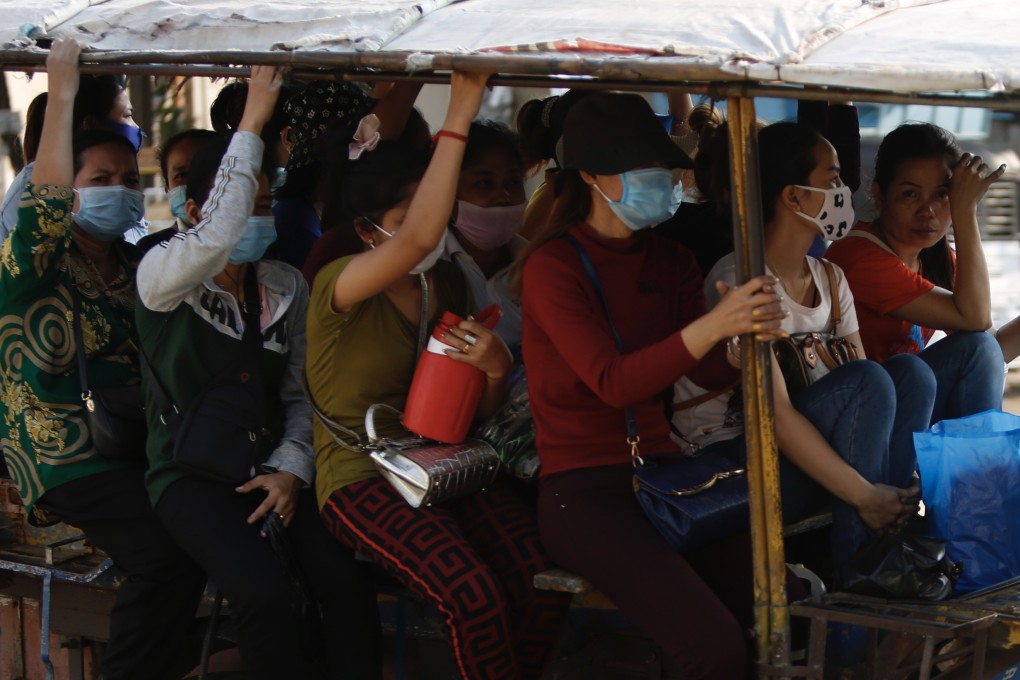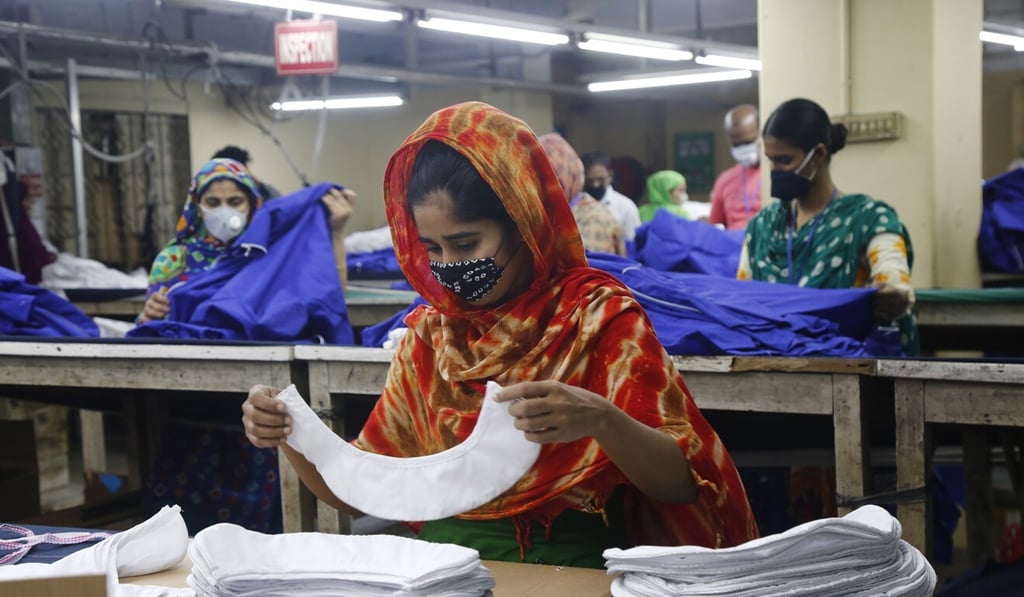How Walmart, Gap and other fashion retailers hit by lockdowns put women at risk of slavery in developing countries by not paying their bills
- Some fashion retailers have committed to paying for orders in full, but others have not, causing garment factories to lay off staff, who are mostly women
- Campaigners for better rights for workers hope naming and shaming the companies punishing vulnerable women in this way will force the industry to change

The temporary collapse of the global fashion industry has exposed some of its heroes, villains and victims.
Clothing manufacturers in developing countries have been left reeling as international brands cancel orders and refuse to pay for collections that have been completed and in some cases shipped. Factory owners in turn have been forced to let millions of garment workers go, many of them young women supporting families.
A report by Pennsylvania State University in the United States shows 80 per cent of factories have reduced employment as a result of buyers cancelling orders; nearly 60 per cent have shut down most or all of their operations. Meanwhile, four out of five fired workers haven’t received severance pay, and hardly any fashion brands have offered them financial support.
“Where they can, retailers will push economic pain onto their suppliers, even for orders that have already been produced,” says Scott Nova, executive director of the Worker Rights Consortium, an independent organisation focused on protecting the rights of workers who sew apparel and make other products sold in the United States.

“Suppliers have to pay for all the labour, materials and overhead rent upfront, so when brands retroactively refuse to pay for goods, factories working on tight margins can go bankrupt. This leaves thousands of workers without jobs, severance pay or even payment for their last month’s labour,” Nova says.
